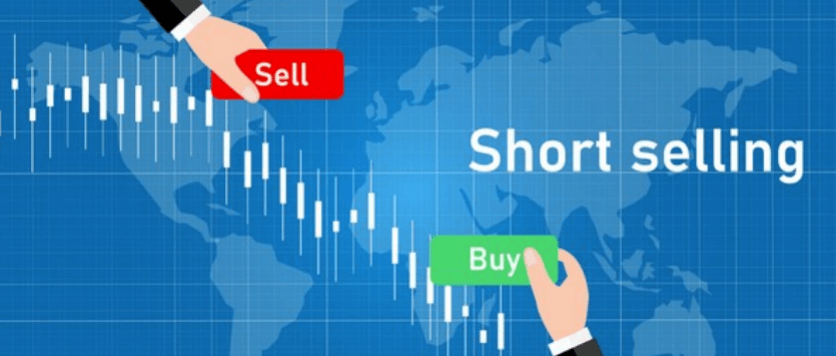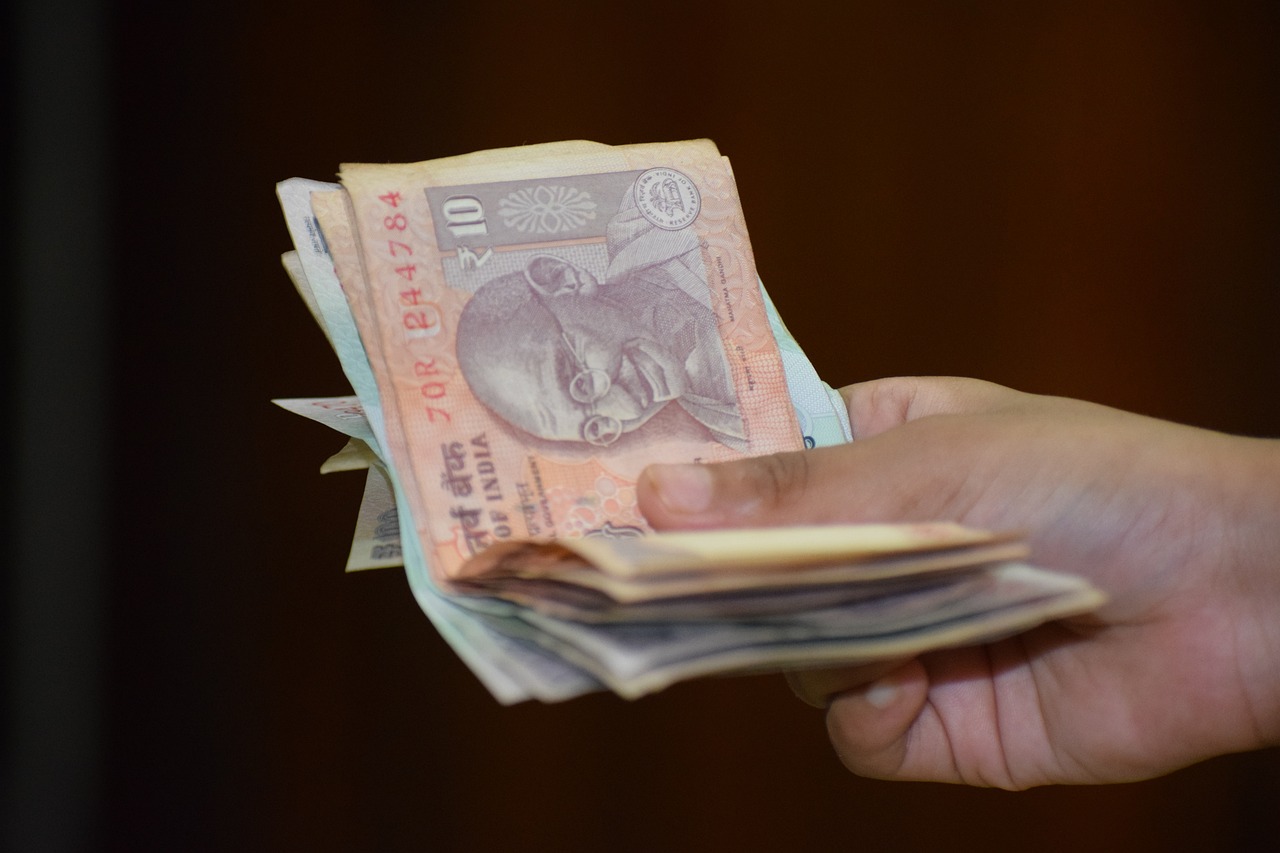For the vast majority of investors, investing is about buying or holding a stock that you are optimistic about and selling it for profit. But some traders do the opposite; they sell stocks short first, hoping to buy back at a lower price later.

Country Ban
While the short-selling strategy is rather uncommon, it is not without controversy. During the credit crisis, some European countries banned short selling during bear markets, because they believe it would exacerbate market deterioration. They are also convinced that if traders collectively sell short, the market index will reach a very low level at the peak of the crisis. In 2011, the South Korean government ordered a ban on short-selling operations in order to avoid further deterioration as foreign investors' short-selling operations in the Korean market reached a record high.
Legal aspects
Many companies do not welcome short selling of their stocks. The management of U.S. online retailer Overstock.com has taken several Wall Street firms to court, accusing them of jointly short selling their own company's stock and causing the stock price to plummet. While short selling is abhorrent to many companies, it actually has some positive effects on the market.

First, if there is problem in the company's operations or the management leadership fails, investors can still profit by short selling. Like shareholder activism, short selling can help companies stay motivated, which also provides an opportunity for investors to hedge their risks. During bear markets, investors can reduce losses by short selling, as in the same situation between late 2008 and early 2009. Of course, like most investing techniques, short selling can be abused. Several of the brokerages sued in Overstock's lawsuit ended up reaching a secret agreement with Overstock, and the settlements also suggest that short selling may indeed have been abused in this case.
Naked Short Selling
Naked short selling is prohibited by law. Before short selling, investors or brokers need to borrow a sufficient number of shares before short selling. But there are also unscrupulous market participants who abuse the power of short selling to conduct naked short selling, which means they are selling stocks that do not exist in the market without borrowing stocks in advance. This will inevitably lead to a drop in the relevant stock price, which is very unfair to the companies involved. In addition, there is a small group of short sellers who will spread false rumors for profit, hoping to profit from the decline in the company's share price. Of course, there are also some multiple parties who will raise the stock prices of low-priced stocks and small companies through illegal operations, and then sell them for profit.

Summary
Short selling has a relatively bad reputation, although there are certain occasions where individual investors can profit from short selling. For market participants, shorting can help them hedge their investment risk so that they don't lose too much when a company's stock price falls. From this point of view, a ban on short selling ultimately only hurts the market and its effectiveness. But if we look at the market as a whole, it's hard to say whether short selling is good or bad. Before that can be determined, we need to bring those market manipulators to justice.





